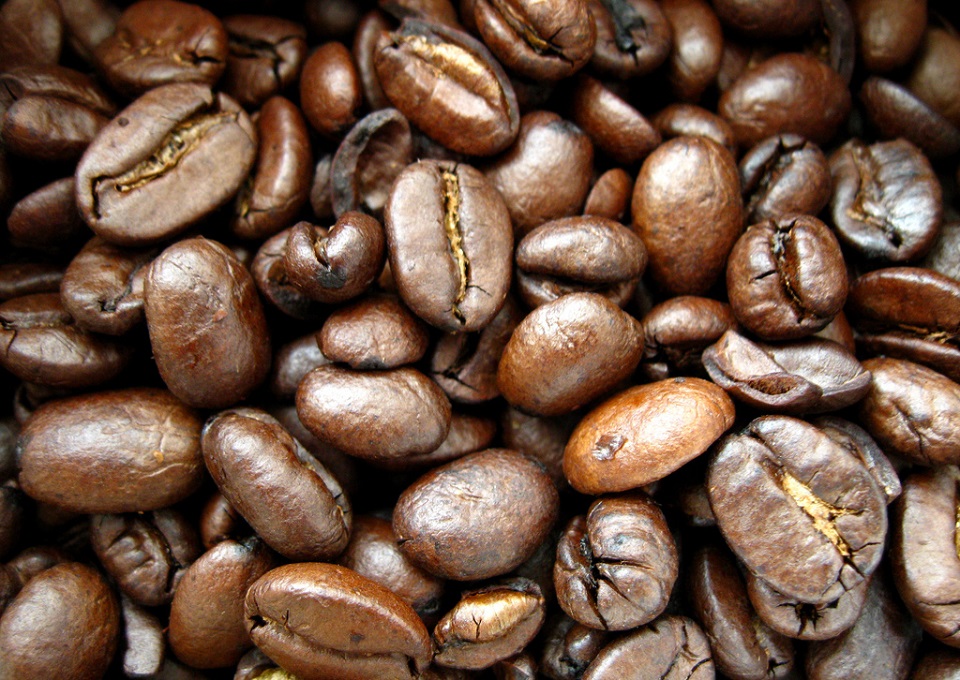
Coffee is certainly one of the most widely consumed beverages in the world, but the association between coffee consumption and the risk of death remains unclear.
This is a large prospective study for which a possible association between drinking coffee and the risk of death has been examined. It is a very large study indeed, comprising 229,119 men and 173,141 women ages 50 to 71 who participated in the NIH-AARP Diet and Health Study.
The NIH-AARP Diet and Health Study participants completed a baseline questionnaire that assessed demographic and lifestyle characteristics and 124 dietary items. Items such as the consumption of fruits, vegetables, red meat, white meat, and saturated fat were adjusted for total energy intake. The scientists adjusted for the effects of risk factors on mortality such as smoking and alcohol consumption. They noted that those participants who drank coffee were also more likely to be smokers.
Coffee consumption was recorded in 10 frequency categories, ranging from 0 to 6 or more cups per day, and 96.5% of coffee drinkers provided information on whether they drank caffeinated or decaffeinated coffee.
The study clearly shows a positive correlation between drinking coffee and a decreased mortality risk. As coffee consumption increased, mortality decreased. Coffee drinkers were less likely to die from heart disease, respiratory disease, stroke, injuries and accidents, diabetes, and infections, although the association was not seen for cancer.
The scientists found that men who consumed 6 or more cups of coffee each day were 10% less likely to die during the study period than were men who did not drink coffee. For women, the reduction in risk was even greater, at 15%.
What chemical components found coffee that contributes to health remains speculative, though. Coffee has many hundreds of bioactive compounds. With the most popular bioactive compounds that are being studied at present time being different flavonoids and polyphenols.
So, you can happily drink your coffee, knowing that it does not only give you that well-needed jolt in the morning, or perhaps afternoon – it is also good for your health. The more the better actually, well at least up to 6 cups per day.
CONCLUSIONS
In this large prospective study, coffee consumption was inversely associated with total and cause-specific mortality. Whether this was a causal or associational finding cannot be determined from our data. (Funded by the Intramural Research Program of the National Institutes of Health, National Cancer Institute, Division of Cancer Epidemiology and Genetics.)
Supported by the Intramural Research Program of the National Institutes of Health, National Cancer Institute, Division of Cancer Epidemiology and Genetics.
The views expressed in this article are those of the authors and do not necessarily reflect those of the cancer registries.
Disclosure forms provided by the authors are available with the full text of this article at NEJM.org.
We thank the participants in this study for their outstanding cooperation.
This article is dedicated to the memory of Arthur Schatzkin, the visionary investigator who founded the NIH–AARP Diet and Health Study.
_______________
______________________________






















